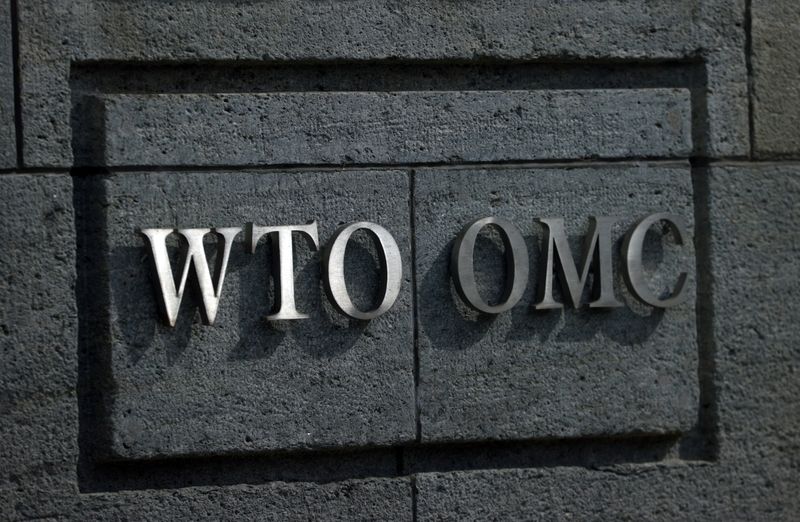BEIJING (Reuters) – China on Thursday called for the removal of “enormous” farm subsidies in some developed countries as part of Beijing’s push for reform of the World Trade Organization.
“There are very unfair rules in the agriculture sector, and enormous subsidies some developed country members are entitled to, that severely distort international agricultural trade,” Wang Shouwen, vice minister of China’s Ministry of Commerce, told a press briefing.
Agricultural subsidies allowed for developing countries, however, are capped at 10% of the value of production and have “very limited impact” on trade, added Wang, yet are vital for ensuring grain supply and food security.
WTO members including the United States have, however, long complained about China’s agricultural subsidies, with Washington winning https://www.reuters.com/article/us-usa-trade-china-agriculture-idUSKCN1QH224 a case against Beijing’s price support for grains in 2019.
Wang also addressed issues raised by major trade partners at a recent policy review and said China took the concerns seriously. But it did not accept criticism on issues that fell outside the scope of its WTO commitments.
“We understand hopes from other countries that China should further relax its entry barriers for investment, but using this to criticise China and claiming China has not fulfilled its duties under WTO is not reasonable, fair or acceptable,” he said.
The government is willing to negotiate at the WTO or through bilateral investment deals to resolve such concerns, Wang said, adding that China has applied to join the Comprehensive and Progressive Agreement for Trade Pacific Partnership (CPTPP).
The United States said last week that China’s industrial policies “skew the playing field” against imported goods and services, as well as their foreign providers, and that Washington would pursue all means to secure reforms.
China’s other major trading partners – including Australia, Britain, Canada and the European Union – also called for the world’s second-largest economy to further open its vast markets.
China risks slower growth if it does not do enough to spur market competition, a report showed this month.
(Reporting by Stella Qiu, Hallie Gu and Dominique Patton; Editing by Sam Holmes)
























